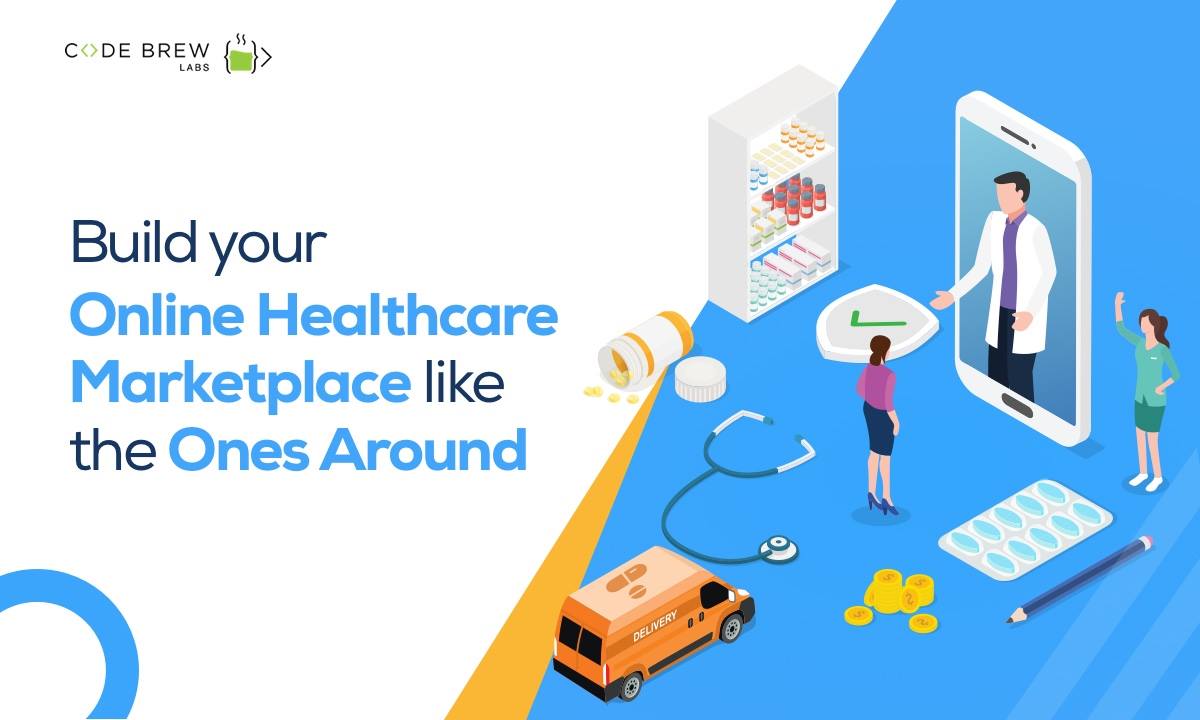A Comprehensive Guide to Subscription Based Healthcare: What You Required to Know
The Surge of Subscription-Based Medical Care and Its Effect On Person Care
As health care advances, the subscription-based model is acquiring traction, assuring to revolutionize client care by supplying predictability and accessibility. These models, which bypass traditional insurance coverage, might redefine the patient-doctor dynamic, highlighting customized and precautionary treatment. As with any kind of technology, they offer obstacles, particularly worrying fair gain access to for all socioeconomic groups. The potential for these versions to improve healthcare distribution raises pushing questions about their long-lasting sustainability and inclusivity. Are these membership services the future of healthcare, or do they risk leaving vulnerable populaces behind? The details of this change warrant a better evaluation.
Understanding Subscription Medical Care Designs
Realizing the idea of registration health care designs entails taking a look at a transformative approach to clinical services that highlights price and access. These models, frequently referred to as direct health care (DPC) or attendant medicine, have arised as ingenious choices to traditional fee-for-service health care systems. Subscription health care permits patients to pay a fixed regular monthly or yearly charge for a specified set of medical solutions, which may include unrestricted office sees, regular check-ups, and fundamental lab examinations, without the need for standard insurance invoicing.
The framework of registration healthcare models is created to simplify person treatment by removing third-party payers and intricate payment codes, thereby minimizing management worries. Medical care suppliers can concentrate extra on person care, fostering stronger patient-provider relationships. This model also promotes preventative treatment by urging normal sees, as the economic barrier of per-visit fees is gotten rid of.
The registration version usually empowers healthcare companies to manage smaller client panels, allowing for more customized care. It straightens financial incentives with person wellness end results, as carriers are inspired to maintain individual contentment and health. Generally, recognizing membership healthcare models needs recognizing their possible to improve exactly how care is supplied and accessed.
Benefits for Service Providers and individuals

With a stable earnings stream, medical care specialists can devote even more time to each individual, leading to a more personalized and thorough care experience. The focus on precautionary care within subscription strategies can lead to much better client end results and decreased long-lasting healthcare expenses.
Issues and obstacles
While subscription-based health care designs present various advantages, they also include a collection of obstacles and issues that must be attended to. Initially, availability remains a considerable concern, as these versions usually target people who can pay for monthly fees, possibly leaving out low-income populations. This raises honest inquiries concerning fair access to medical care solutions. In addition, the different nature of registration plans can result in confusion amongst people concerning coverage specifics, potentially leading to unmet expectations or inadequate treatment.
Financial sustainability of subscription-based models is an additional concern. Suppliers have to stabilize the fixed income from registrations with the variable prices of health care services, which might change because of unanticipated clinical demands. This can develop pressure to limit services or rise charges, potentially impacting patient complete satisfaction and care quality.
Moreover, governing oversight of subscription-based medical care designs is still developing. Resolving these challenges is important for the effective and equitable execution of subscription-based healthcare.
Effect On Patient-Doctor Relationships
One considerable effect of subscription-based medical care versions on patient-doctor partnerships is the possibility for enhanced connection and individualized treatment. By adopting a membership design, doctors can handle a smaller sized individual panel, permitting more devoted time with each individual. This raised schedule cultivates a much deeper understanding of an individual's clinical image source history, way of life, and preferences, enabling more tailored therapy strategies and treatments.

Nevertheless, it is very important to recognize that while subscription-based designs may profit those who can afford them, they could accidentally broaden health care variations. Patients that are unable to join these designs might experience lower accessibility to individualized care, possibly affecting their relationships with doctor. Hence, while the membership model uses promising benefits for patient-doctor connections, it additionally positions difficulties that need to be dealt with to ensure equitable healthcare gain access to.
Future of Medical Care Accessibility

The duty of technology can not be neglected in this makeover. Telemedicine systems and digital wellness records promote seamless communication in between patients and doctor, damaging down geographical and logistical obstacles. In addition, improvements in man-made intelligence and information analytics additional info can additionally individualize clinical treatment by anticipating client needs and maximizing treatment plans.
Nonetheless, the future of medical care accessibility also provides challenges, such as ensuring equity across various socio-economic groups. Policymakers and doctor should team up to connect the electronic divide, making sure that subscription-based versions remain comprehensive and inexpensive. As these systems develop, they hold the promise of making health care extra accessible, effective, and patient-centric.
Verdict
Subscription-based medical care models are improving person care by giving a stable price structure and improving ease of access. These versions strengthen patient-provider relationships via personalized treatment and normal sees, emphasizing preventative wellness. Regardless of these advantages, difficulties such as availability concerns for low-income populaces and the need for fair health care options linger. The increase of subscription-based healthcare urges positive client engagement, which has the potential to improve person end results and satisfaction, signaling a transformative change in medical care delivery.
As medical care advances, the subscription-based model is getting grip, promising to change client treatment by providing predictability and access.Subscription-based health care designs offer distinctive benefits for both patients and providers, enhancing the overall health care experience.As health care systems advance, the future of healthcare access frequently pivots on the integration of ingenious models and innovations.Subscription-based health care versions are reshaping person care by providing a secure expense structure and enhancing ease of access. The rise of subscription-based health care urges aggressive person interaction, which has the possible to improve client end results and fulfillment, signifying a transformative shift in healthcare distribution.